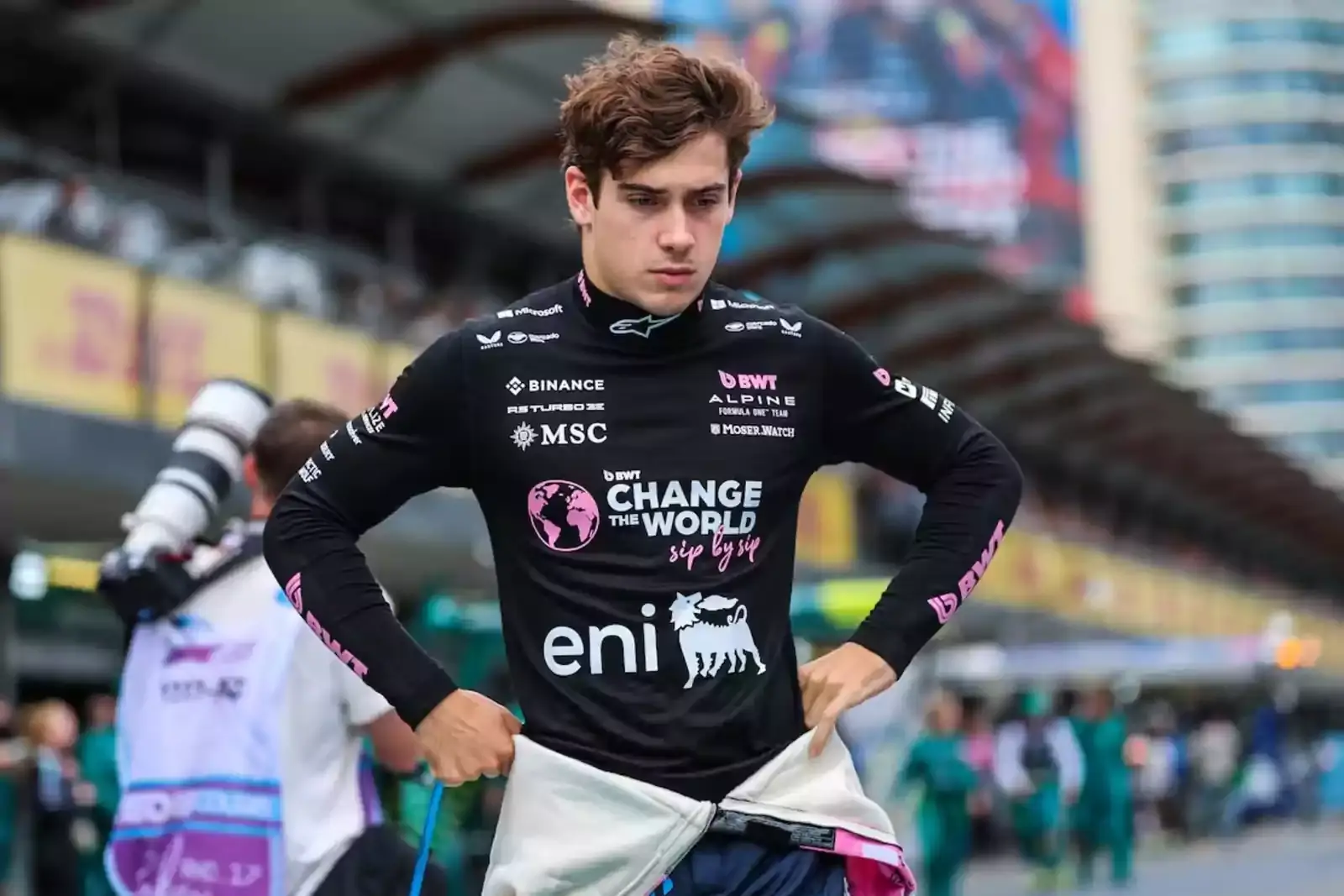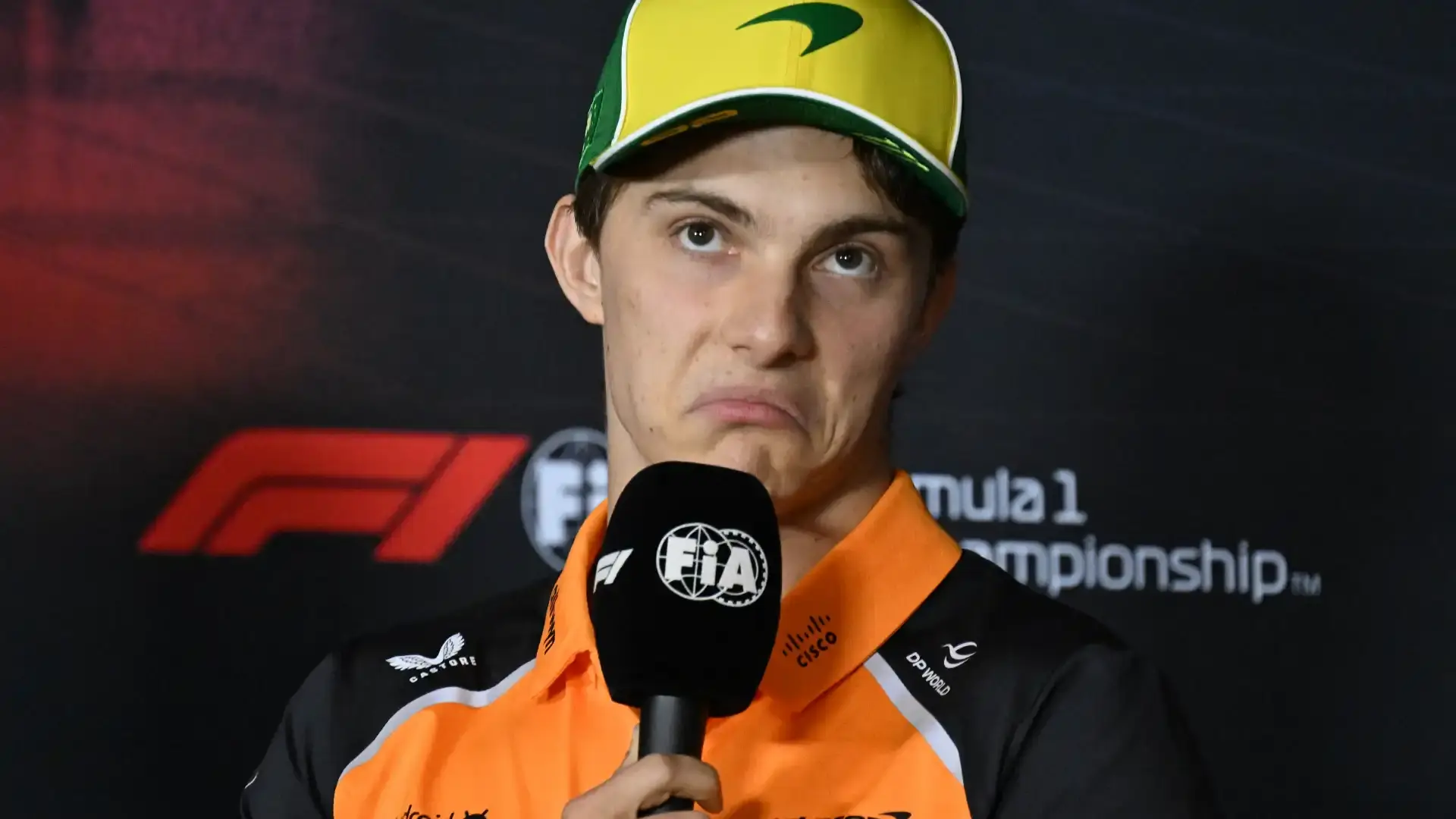In the high-octane world of Formula 1, where rivalries burn as fiercely as the engines, a disturbing wave of hostility erupted just before the Singapore Grand Prix. Franco Colapinto, the young Argentine driver making waves in his debut season with Williams, found himself the target of vicious attacks from a group of Oscar Piastri’s fans. The controversy ignited when social media platforms lit up with vitriolic comments, branding Colapinto “utterly useless on the track” and declaring that “all of Spain should be ashamed” to have him associated with their nation, despite his Argentine roots. The remarks, steeped in malice, didn’t stop at the driver himself but extended to his family, with fans of the McLaren star publicly insulting the Colapinto family in a shocking display of animosity.

The timing of the attacks, just days before one of the season’s most challenging races, sent shockwaves through the F1 community. Colapinto, a 22-year-old rookie who has shown promise with his fearless driving and quick adaptation to the pinnacle of motorsport, was blindsided by the onslaught. His rise from Formula 3 to a coveted F1 seat had already drawn attention, with many praising his grit and potential. Yet, the sudden barrage of hate from Piastri’s supporters, perhaps fueled by competitive tensions or misplaced loyalties, cast a dark shadow over the sport’s camaraderie. Social media, often a battleground for fan rivalries, became a cesspool of toxic rhetoric, with hashtags and posts amplifying the insults to a global audience.

What makes this episode particularly jarring is the personal nature of the attacks. Targeting a driver’s family crosses a line that even the most passionate fanbases rarely breach. Colapinto, known for his close-knit bond with his family, who have supported his journey from karting to F1, remained silent initially, focusing on his preparations for Singapore’s demanding street circuit. However, the F1 community was quick to respond. Fellow drivers, including Piastri himself, condemned the behavior, with the Australian urging fans to “show respect.” Williams Racing issued a statement denouncing the abuse, emphasizing their commitment to supporting their driver and calling for unity in the sport.

The incident raises broader questions about fan culture in Formula 1, where passion can sometimes morph into toxicity. As the sport grows in global popularity, fueled by media like Netflix’s Drive to Survive, the spotlight on drivers—and the pressure on their personal lives—intensifies. Colapinto’s ordeal underscores the need for better moderation of online spaces and a collective effort to foster respect, regardless of team allegiances. On the track, the young Argentine continues to prove his detractors wrong, letting his performance speak louder than the hate. As the dust settles, this controversy serves as a stark reminder that in a sport defined by speed and precision, the human element—empathy, respect, and dignity—must never be left behind.





